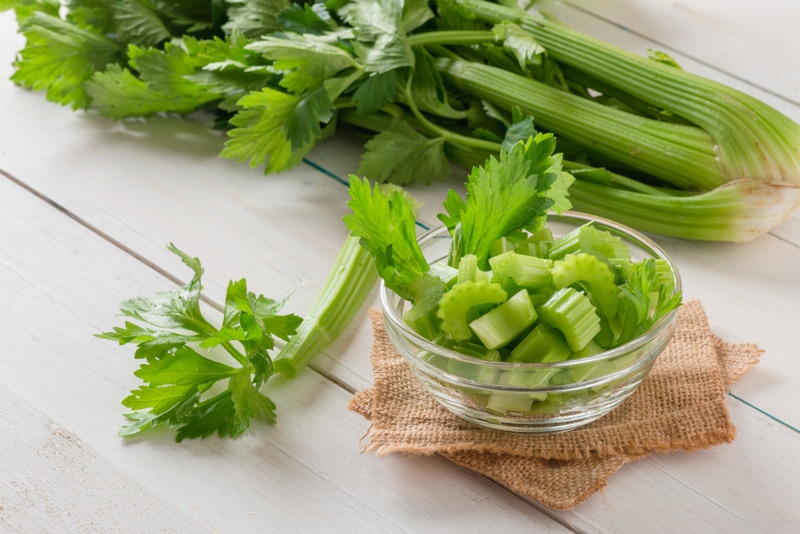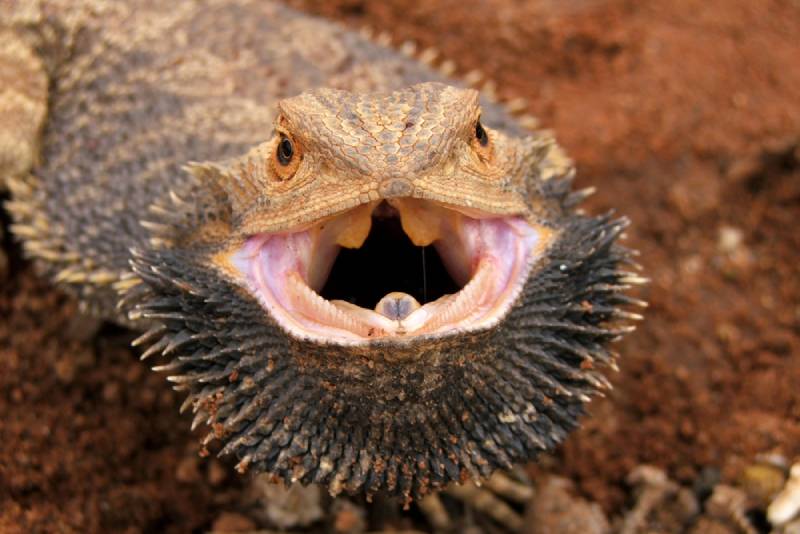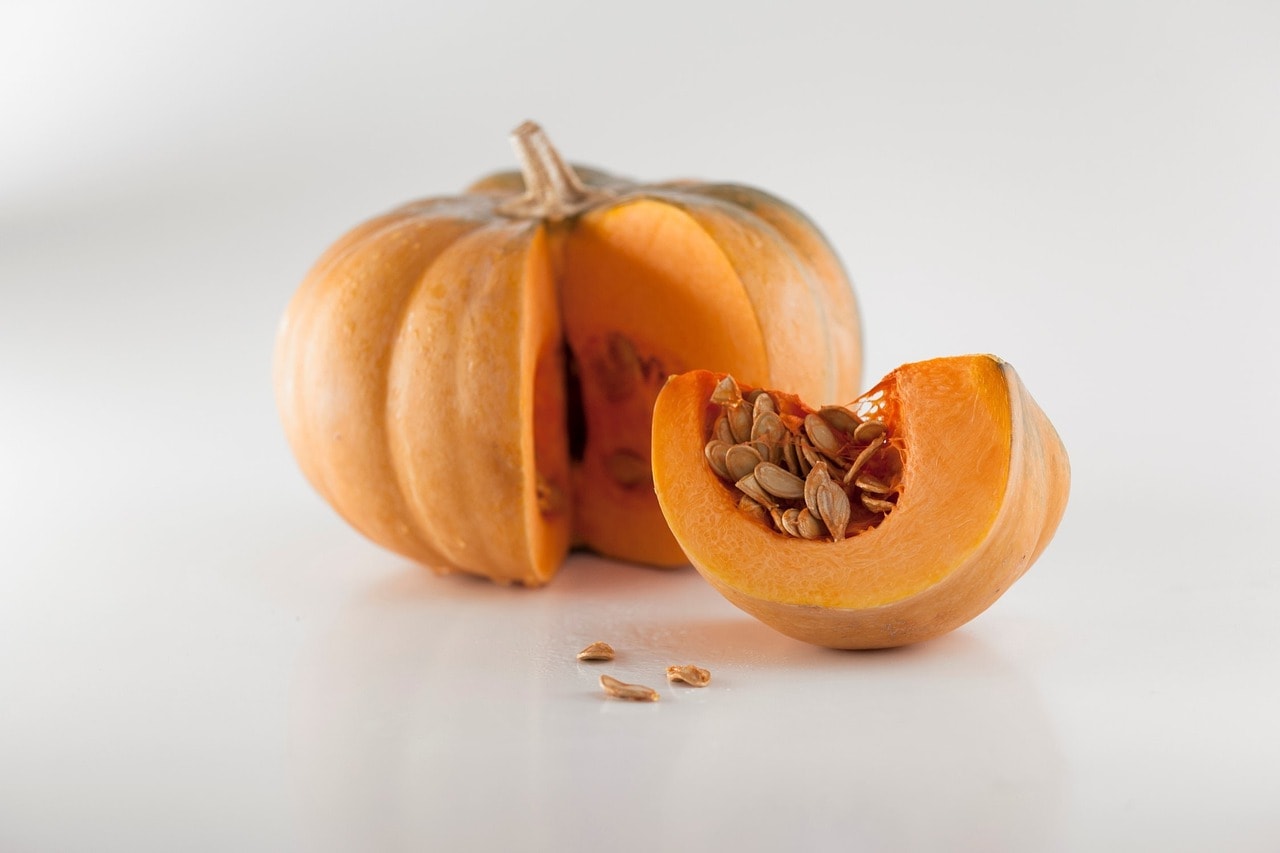Can Bearded Dragons Eat Ham? Vet-Approved Risks & Alternatives
By Adam Mann
Updated on
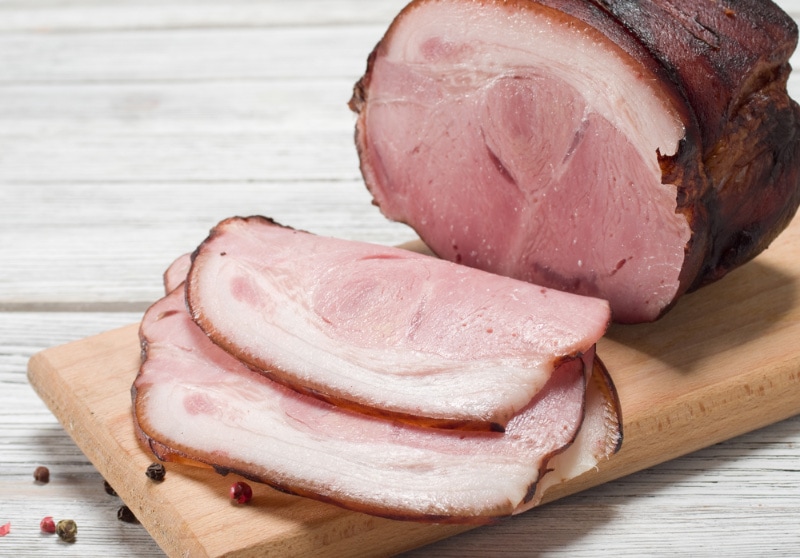
Bearded dragons are omnivores and have a voracious appetite, making it tempting to feed them just about anything. However, while your bearded dragon might want to eat ham, you should never feed it to them. But why is it such a big deal, and what should you do if your bearded dragon eats some? We’ll answer those questions and more for you below.
Why You Shouldn’t Feed Your Bearded Dragons Ham
While bearded dragons do have a requirement for animal protein in their diet- you should never feed your bearded dragon ham. It’s a processed protein and has nutritional elements that make it a bad choice for your bearded dragon. Bearded dragons can become seriously ill if they eat too much ham. With that in mind, we’ve highlighted a few nutritional reasons ham is such a bad choice for a bearded dragon.
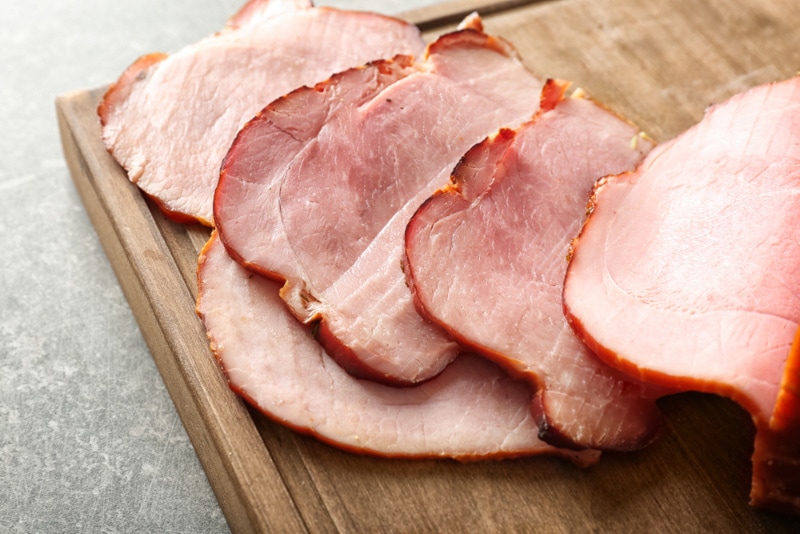
Fat
Ham is too high in fat and cholesterol to be a healthy addition to your Beardie’s diet. Bearded dragons can easily become obese in captivity if they eat too many fatty foods. High fat foods can also lead to serious digestive issues.
Sodium
Ham has unhealthy sodium levels for your pet. This can also lead to digestive problems as well as dehydration. So keep the ham far away from your bearded dragon!
Lack of Nutrients
Not only does ham have all these nutritional elements that make it a poor choice for bearded dragons, but it is also not nutritionally balanced for example it lacks adequate amounts of calcium.
When to Take Your Bearded Dragon to the Vet
If your bearded dragon eats a little ham, you likely don’t need to take them to the vet. However, make sure your pet has access to fresh water and monitor them for any signs of illness. If your bearded dragon gets sick after eating ham, you need to take them to the vet right away. You should also contact your vet for advice if they have eaten a large amount. Here are some signs to keep an eye out for:
- Vomiting
- Diarrhea
- Lethargy
- Inappetance

What You Should Feed Bearded Dragons
Bearded dragons are omnivores and require animal protein in their diet along with plant matter. In general, it is always best to consult with your exotic vet for help in formulating the right diet and nutrition plan for your Beardie, which will vary depending on their life stage. Young growing dragons require more animal based protein than adults.
Now you know you should never feed ham, here are a few sources of animal based protein that are healthy for your pet.
Crickets
Crickets should be a staple of your bearded dragon’s diet, as they contain many of the nutrients a bearded dragon needs without as many of the negative side effects.
Mealworms
Mealworms are a great insect choice for your bearded dragon, but it shouldn’t be the only insect you feed your bearded dragon. Mealworms are a great treat to mix things up, but if you give them too many mealworms, they might not want to eat the other insects.

Dubia Roaches
Dubia roaches are an excellent source of protein but have low fat content and are an insect that can form a regular part of a bearded dragon’s diet.
Waxworms
These have a high fat content so should not be a diet staple and more of an occasional addition.
These insects should be gut loaded before feeding. Gut loading insects involves providing them with a nutrient dense diet within 12 hours of being fed to your dragon. This means that the nutritious diet is passed onto your pet when they eat the insect.
Insects can be purchased from reputable sources or raised at home. You should not feed wild-caught insects as they may be contaminated with pesticides and contain parasites, bacteria or other diseases.
Final Thoughts
While you shouldn’t feed your bearded dragon ham, that doesn’t mean there aren’t plenty of other animal-based proteins that can be offered. Bearded dragons thrive on a varied diet and for help and advice in meeting your pet’s nutritional needs it is best to consult with your exotics vet. However, if your bearded dragon does eat some ham, keep an eye on their health, and if they start to get sick at all, take them to the vet right away.
See Also:
- Can Bearded Dragons Eat Turkey? Vet-Approved Dietary Facts
- Can Bearded Dragons Eat Bacon? Vet Approved Facts & FAQ
Featured Image Credit: aboikis, Shutterstock


